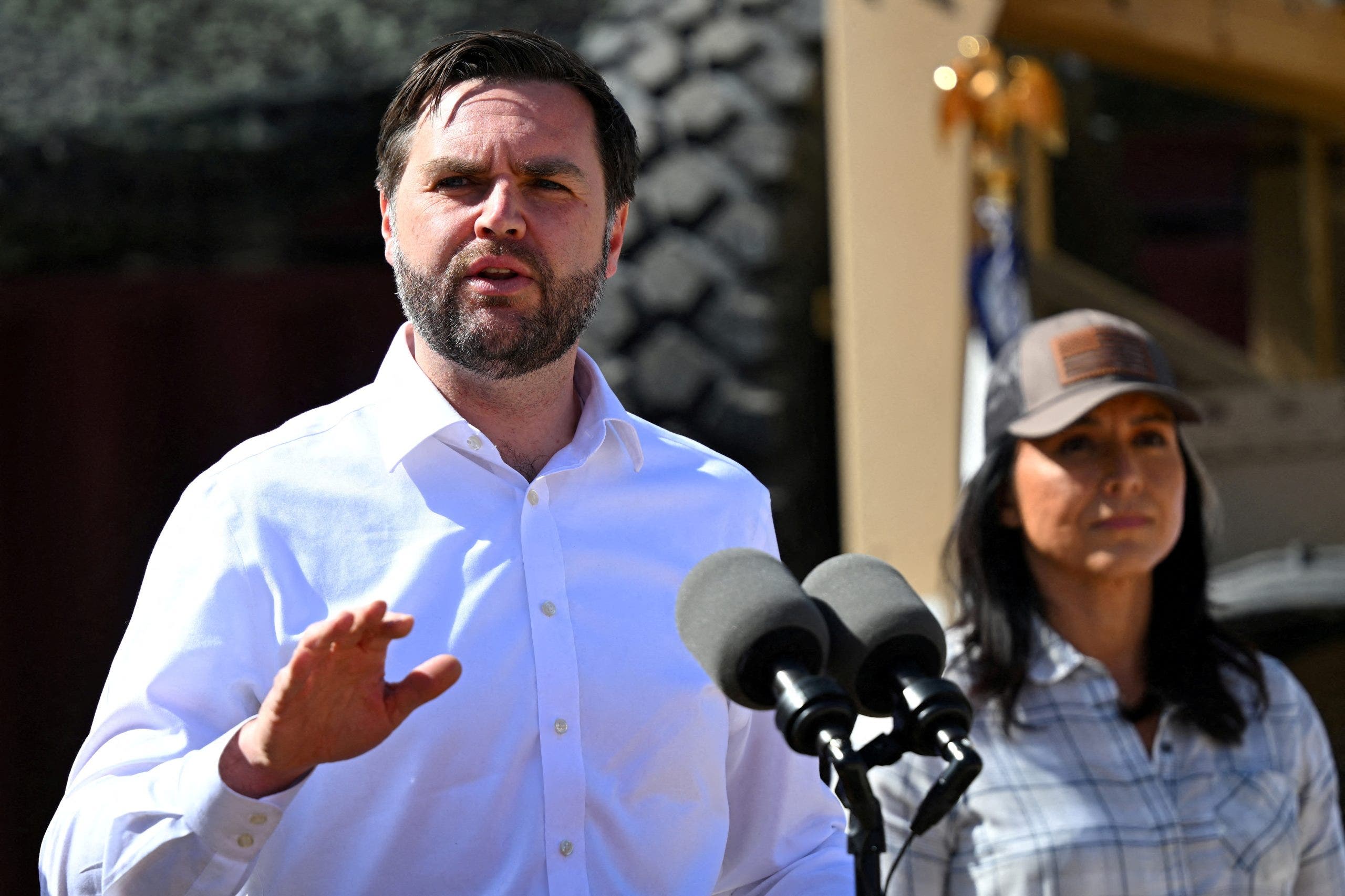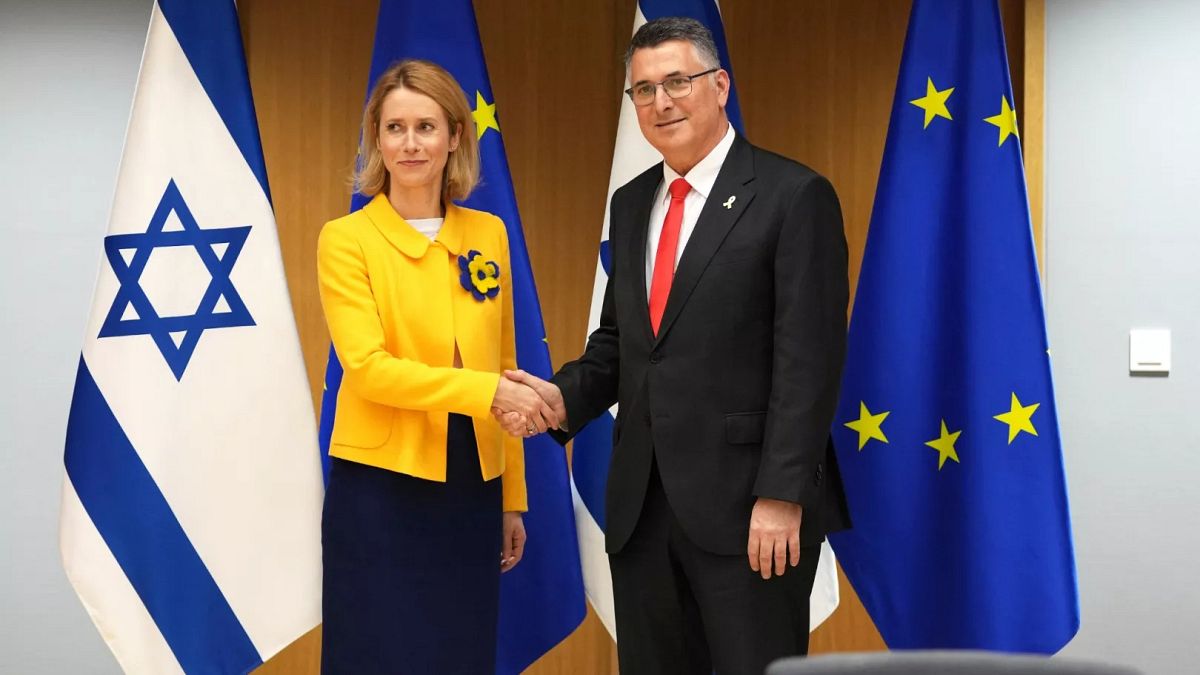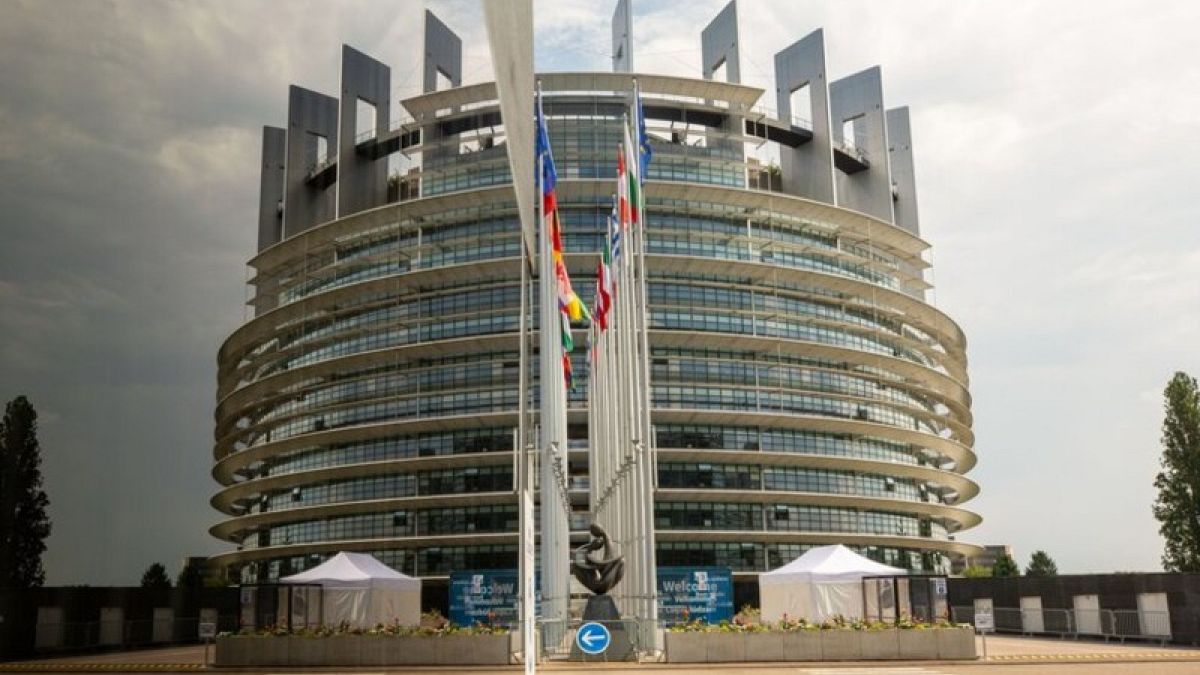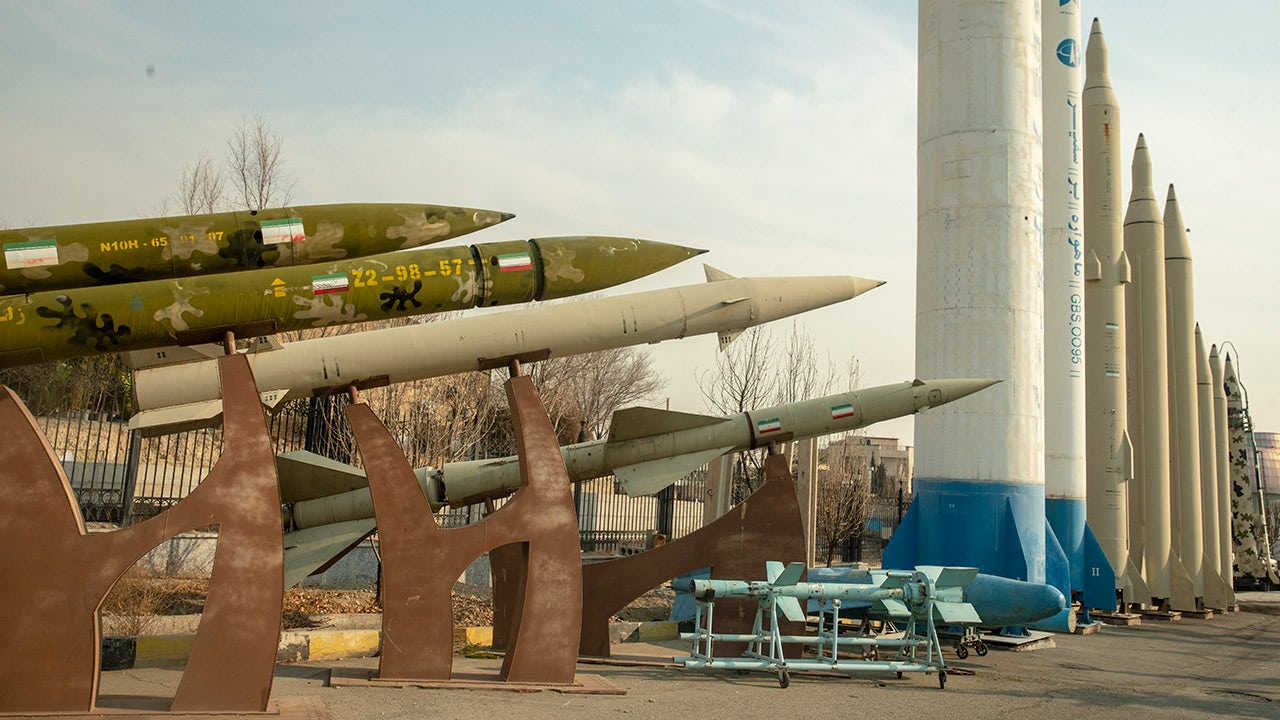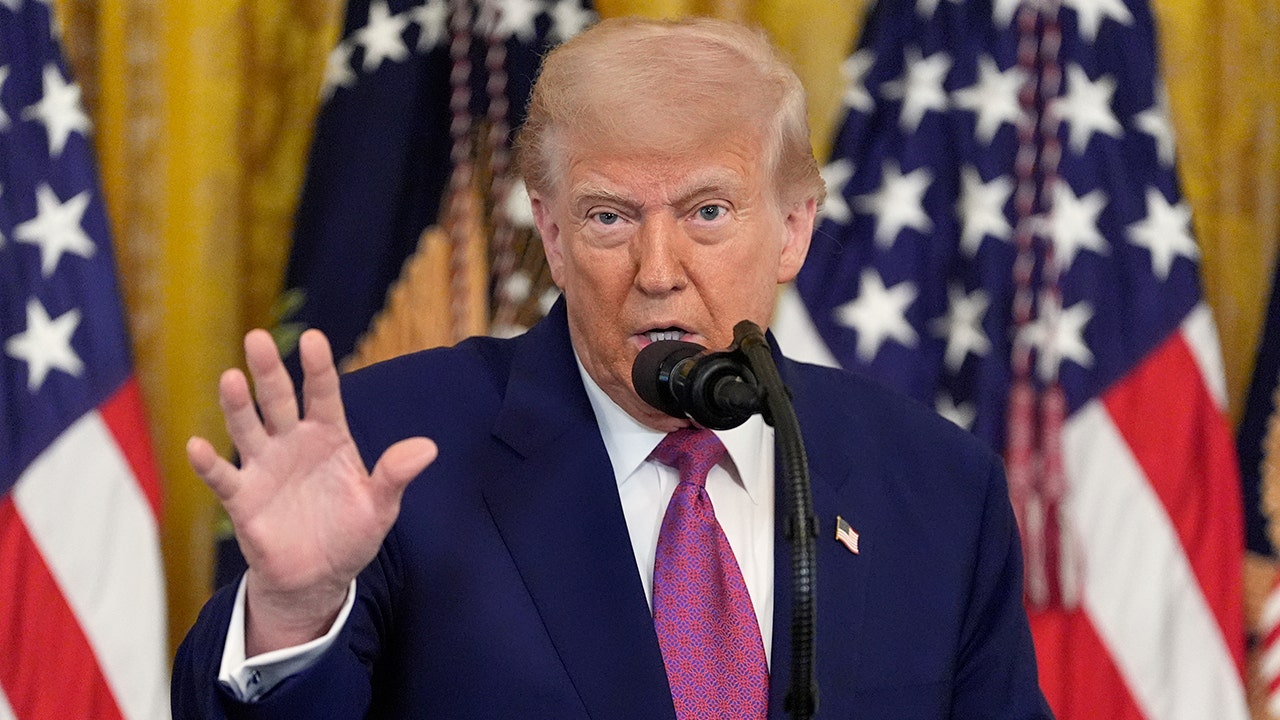Published on •Updated
The EU is unlikely to suspend its association agreement with Israel in the context of its current conflict with Iran, sources familiar with the issue have told Euronews.
Last month a majority of the EU foreign ministers backed a Dutch proposal to review the bloc’s ties with Israel over its actions in Gaza.
The EU’s diplomatic corps, the External Action Service (EEAS), has been reviewing the bloc’s wide-ranging trade and cooperation agreement with Israel over its military offensive in Gaza and the West Bank as well as its blocking of food, fuel, water and basic medical supplies to the besieged population.
The report was initiated to establish whether Israel violated its human rights obligations under Article 2 of the EU-Israel Association Agreement, a broad-ranging pact that defines the trading and diplomatic relations between both sides.
On Monday, EU foreign ministers will debate the review, with several EU diplomatic sources saying it expected to find Israel in breach of the provisions.
But two sources familiar with the issue told Euronews that member states will not respond by suspending in all, or even part the agreement with Israel due to its conflict with Iran.
Some countries remain keen to push for a suspension. “We can safely assume what the review will say; if it’s going to be in any way credible it’ll say Israel is in breach of Article 2,” an EU diplomat from a country which supported the review told Euronews, adding: “The main matter of business is getting a ceasefire in Gaza – and whatever we decide to do, it should be aimed at getting at that.”
But a momentum of pressure recently applied to Israel has now slowed due to the conflict with Iran, the two sources said.
“The pendulum has swing back to [support for] Israel.”
“It’s unlikely the EU will suspend EU-Israel agreement due to Iran Israel war,” one of the sources said.
The position of Germany in the negotiations is also critical to the discussions as a decision to suspend part of the agreement under qualified majority voting will require the weight of Germany.
Last month German chancellor Friedrich Merz shifted the support of Germany – traditionally a stalwart ally of Israel – behind the decision to review the Association Agreement, saying he no longer understood the Israeli army’s goal in Gaza.
“To harm the civilian population in such a way… can no longer be justified as a fight against terrorism,” Merz said at the time.
However, Merz has strongly supported Israel in the context of the current strikes on Iran saying at the G7 on Tuesday that “Israel is doing the dirty work for the rest of us”.
“The strikes on Iran should be additional pressure on Israel to suspend the association agreement,” Martin Konecny, who heads the European Middle East Project, told Euronews.
“But now it could create the opposite, it will literally be reduced and it brings the attention away from Gaza,” he said.
EU’s foreign policy chief Kaja Kallas has reiterated EU calls for a diplomatic resolution to the Israel-Iran conflict. And again called on all sides to “abide by international law, and de-escalate the situation”.
“We will not lose sight of what is happening in Gaza… we again call for immediate full aid access, ceasefire, and the release of hostages,” she added.
Israel rejected the EU decision to review the bloc’s trade and cooperation pact with the country over its intensified offensive in Gaza.
“We completely reject the direction taken in the statement, which reflects a total misunderstanding of the complex reality Israel is facing,” Israeli foreign ministry spokesperson Oren Marmorstein said on X at the time of the decision.
Read the full article here




